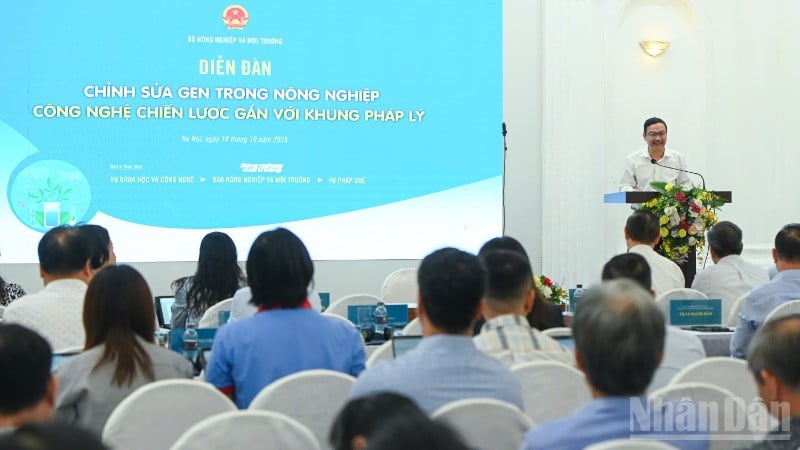
This was the main content discussed at the Forum "Gene editing in agriculture - strategic technology associated with legal framework" organized by Agriculture and Environment Newspaper on the morning of October 18, in Hanoi .
Breakthrough technology paves the way for sustainable agriculture
According to the Agricultural Genetics Institute, gene editing technology allows precise intervention at each position in the plant genome, helping to create salt-tolerant, disease-resistant, nutritious, or long-lasting varieties without having to introduce foreign genes like genetically modified organisms (GMOs).
Thanks to that, gene-edited products are almost similar to natural hybrids, while shortening the selection time from 10-15 years to only 2-5 years. Many domestic institutes and schools such as the Institute of Agricultural Genetics, Vietnam Academy of Agriculture, Hanoi National University, Ho Chi Minh City Biotechnology Center, etc. have mastered this technology, creating salt-tolerant rice varieties, soybeans with reduced indigestible sugars, tomatoes rich in carotenoids, corn and papaya with increased productivity and quality.
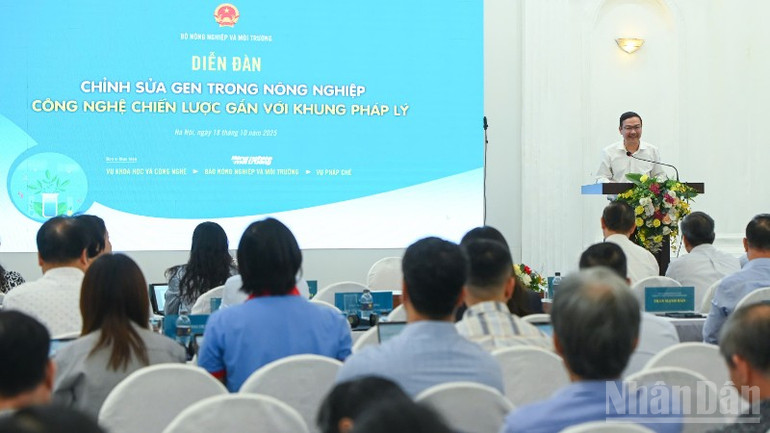
However, according to experts, the 2008 Biodiversity Law only defines “genetically modified organisms”, causing gene-edited products – even if they do not contain foreign DNA – to be classified as GMOs. This makes commercialization and international integration difficult.
Scientists recommend separating the concepts of “gene editing” from “gene modification” and applying a management mechanism based on product characteristics instead of the technology used, in order to create a legal corridor in line with global trends.
Institutional improvement, key to promoting science and technology potential
Speaking at the opening ceremony of the forum, the forum "Gene editing in agriculture - Strategic technology associated with legal framework" emphasized that science and technology are the key driving force to promote sustainable agricultural development, improve productivity and competitiveness.
“By 2025, the agricultural sector could reach a record export of about 67 billion - 70 billion USD, demonstrating the effectiveness of scientific and technological innovation,” said the Deputy Minister.
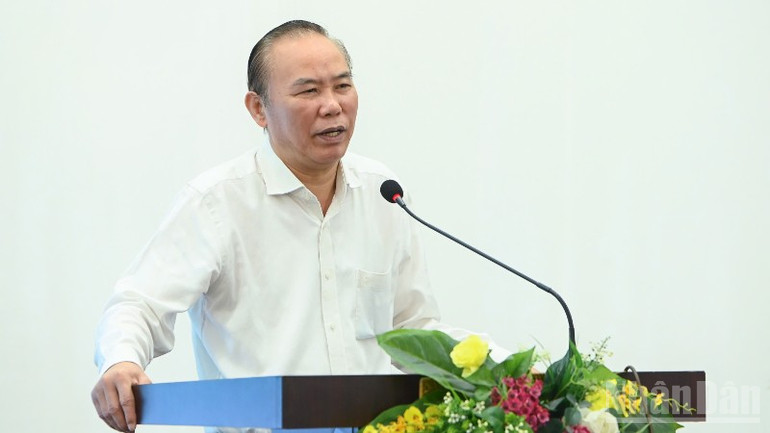
According to the Deputy Minister, Resolution No. 19 and Resolution No. 57 of the Politburo both affirm the role of science, technology and innovation in modernizing the productive forces, developing organic agriculture and circular economy. However, for these achievements to come into practice, perfecting the legal framework is a prerequisite.
Dr. Nguyen Van Long, Director of the Department of Science and Technology, said that the world currently follows two approaches in managing gene-edited products: one is based on the characteristics of the final product, the other is based on the technology that creates the product. In Australia, since 2019, organisms edited using a mechanism that does not insert foreign DNA (SDN1) are no longer considered GMOs.
Mr. Long commented: “The global trend is shifting towards encouraging innovation, ensuring safety and transparency in agricultural trade.” Many countries in Asia have been perfecting their legal framework to take advantage of new technology in responding to climate change and sustainable development.
For Vietnam, the amendment of the 2008 Law on Biodiversity is considered an important step to update the concept and regulations on gene editing, build a management mechanism, and commercialize it in accordance with reality. The Ministry of Agriculture and Environment aims to continue modernizing the laboratory system, the national gene database, training high-quality human resources and promoting international cooperation.
Deputy Minister Phung Duc Tien also said that this is the right time to summarize practices, form arguments for the construction and supplementation of legal regulations, and create a foundation for a new "Contract 10" in science and technology - where knowledge and creativity are "unleashed", contributing to a breakthrough for Vietnamese agriculture in the new period.
Source: https://nhandan.vn/hoan-thien-khung-phap-ly-cho-cong-nghe-chinh-sua-gene-dong-luc-moi-cua-nong-nghiep-viet-nam-post916260.html



![[Photo] Closing ceremony of the 18th Congress of Hanoi Party Committee](https://vphoto.vietnam.vn/thumb/1200x675/vietnam/resource/IMAGE/2025/10/17/1760704850107_ndo_br_1-jpg.webp)

![[Photo] General Secretary To Lam attends the 95th Anniversary of the Party Central Office's Traditional Day](https://vphoto.vietnam.vn/thumb/1200x675/vietnam/resource/IMAGE/2025/10/18/1760784671836_a1-bnd-4476-1940-jpg.webp)
![[Photo] Collecting waste, sowing green seeds](https://vphoto.vietnam.vn/thumb/1200x675/vietnam/resource/IMAGE/2025/10/18/1760786475497_ndo_br_1-jpg.webp)



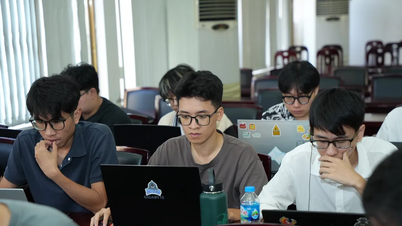


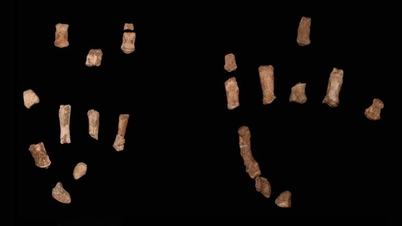
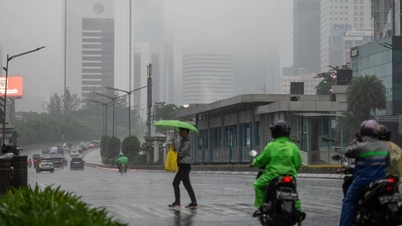






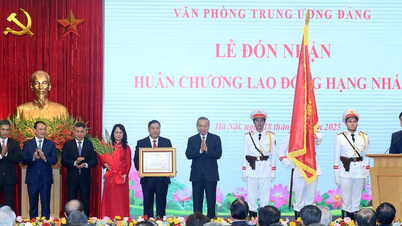
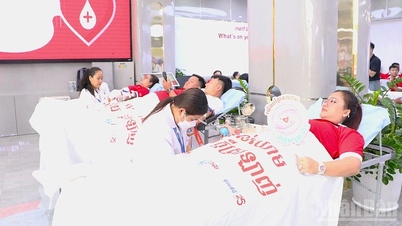
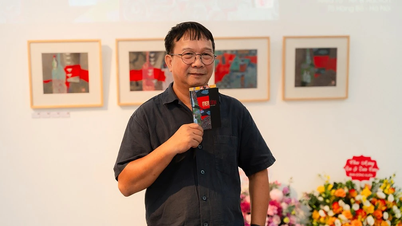
![[Photo] Collecting waste, sowing green seeds](https://vphoto.vietnam.vn/thumb/402x226/vietnam/resource/IMAGE/2025/10/18/1760786475497_ndo_br_1-jpg.webp)

![[Photo] General Secretary To Lam attends the 95th Anniversary of the Party Central Office's Traditional Day](https://vphoto.vietnam.vn/thumb/402x226/vietnam/resource/IMAGE/2025/10/18/1760784671836_a1-bnd-4476-1940-jpg.webp)



















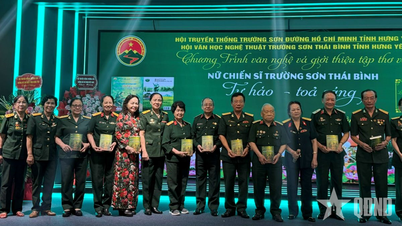















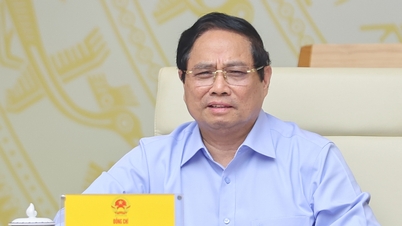
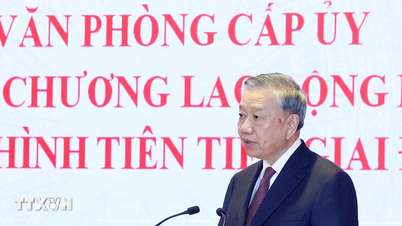

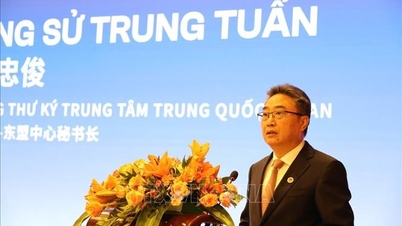
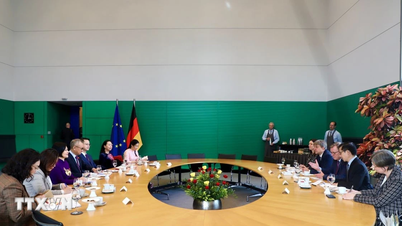








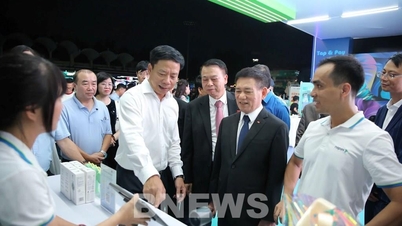

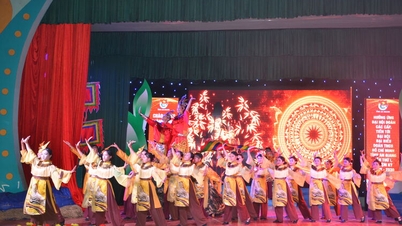


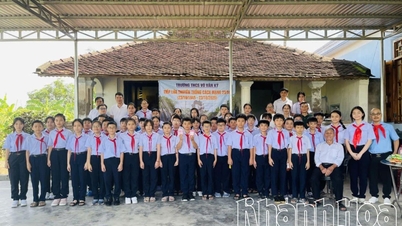

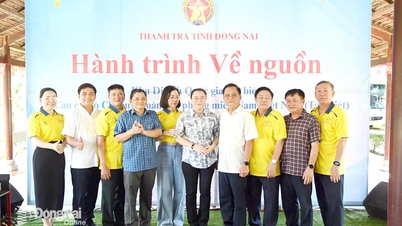



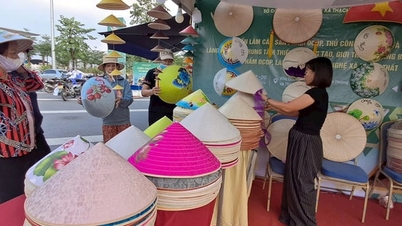












Comment (0)